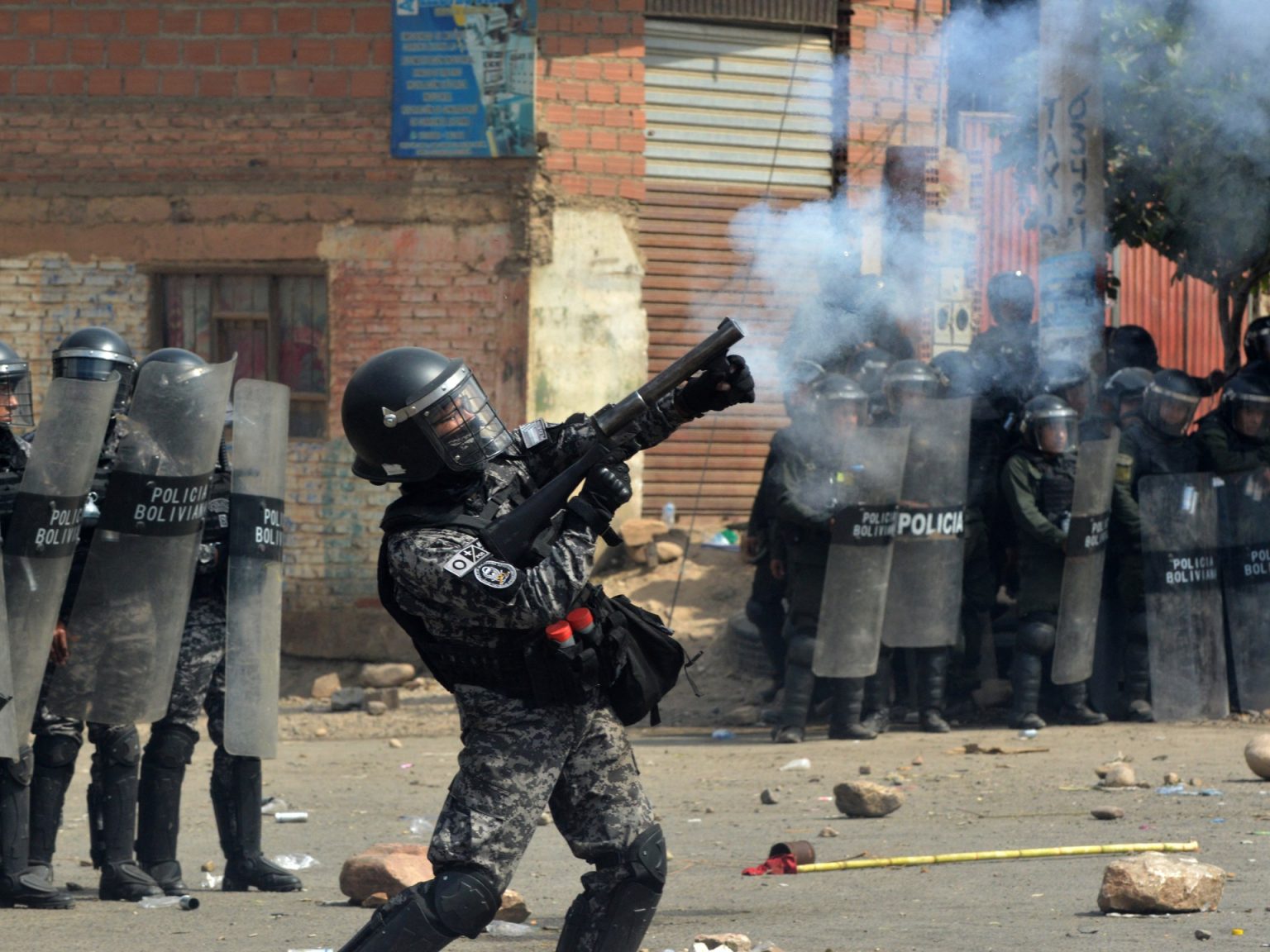Former President Evo Morales claimed that he was the victim of an assassination attempt by police in Bolivia, stating that his car was shot at while he was en route to a radio station for an interview in the city of Cochabamba. Morales said that his driver was wounded in the attack and that his car had 14 bullet holes, leading him to believe that the incident was planned with the intention of killing him. However, the Bolivian government disputed Morales’s claims, accusing him of staging the attack on his own life. Minister of Government Eduardo del Castillo stated that Morales’s convoy had fired shots at police and ran over an officer, denying that the former president was deliberately targeted.
The government alleged that Morales’s vehicles were suspected of transporting drugs and that Morales instructed for his vehicles to be burned after the incident, destroying any potential evidence. Del Castillo criticized Morales for not cooperating with investigators and leaving no evidence for them to collect. The radio station where Morales was headed for the interview released a video showing the bullet-ridden pick-up truck that Morales had been traveling in, with bullet holes in the windscreen and blood on the driver’s head. These conflicting accounts have led to heightened tensions in Bolivia, with Morales’s supporters blocking highways in protest and security forces attempting to clear the blockades.
The incident on Sunday is part of a broader power struggle between Morales and President Luis Arce, both members of the Movement Toward Socialism (MAS) party. Morales, who held office from 2006 to 2019, is the main opponent of Arce and has been accused of destabilizing the country with road blockades that disrupted food and fuel supply. The government has warned of potential violence, noting that police officers were injured while attempting to dismantle the blockades. The country is also facing challenges such as dwindling gas production, depleted foreign currency reserves, and rising inflation, leading to increased political infighting within the governing party.
In addition to the political tensions, Morales is also facing personal challenges, as he has been accused of having relationships with minors. Regional prosecutors have formally summoned Morales to testify in the case, but he did not appear and now faces an arrest warrant. Morales has strongly denied the allegations against him. The ongoing conflict between Morales and the government, along with the broader issues facing Bolivia, has contributed to a volatile political climate in the country. It remains to be seen how the situation will be resolved and whether peace and stability can be restored in Bolivia.


